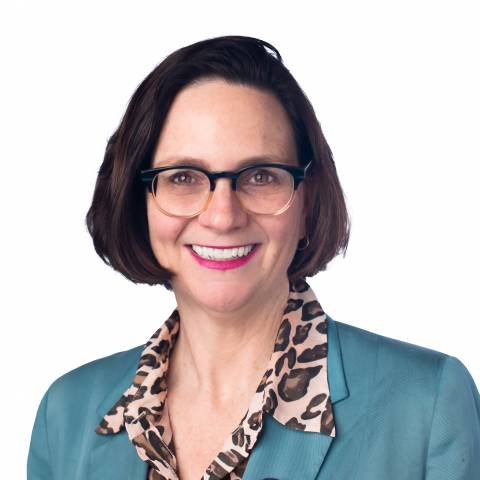Prostate Cancer Is Not a Death Knell, Study Shows
“Being diagnosed with prostate cancer is not a death knell,” said Montgomery, senior author of a literature and trial review that appeared in JAMA today. Montgomery is the clinical director of Genitourinary Oncology at Fred Hutch Cancer Center...
10-Mar-2025 7:50 PM EDT
Add to Favorites

















